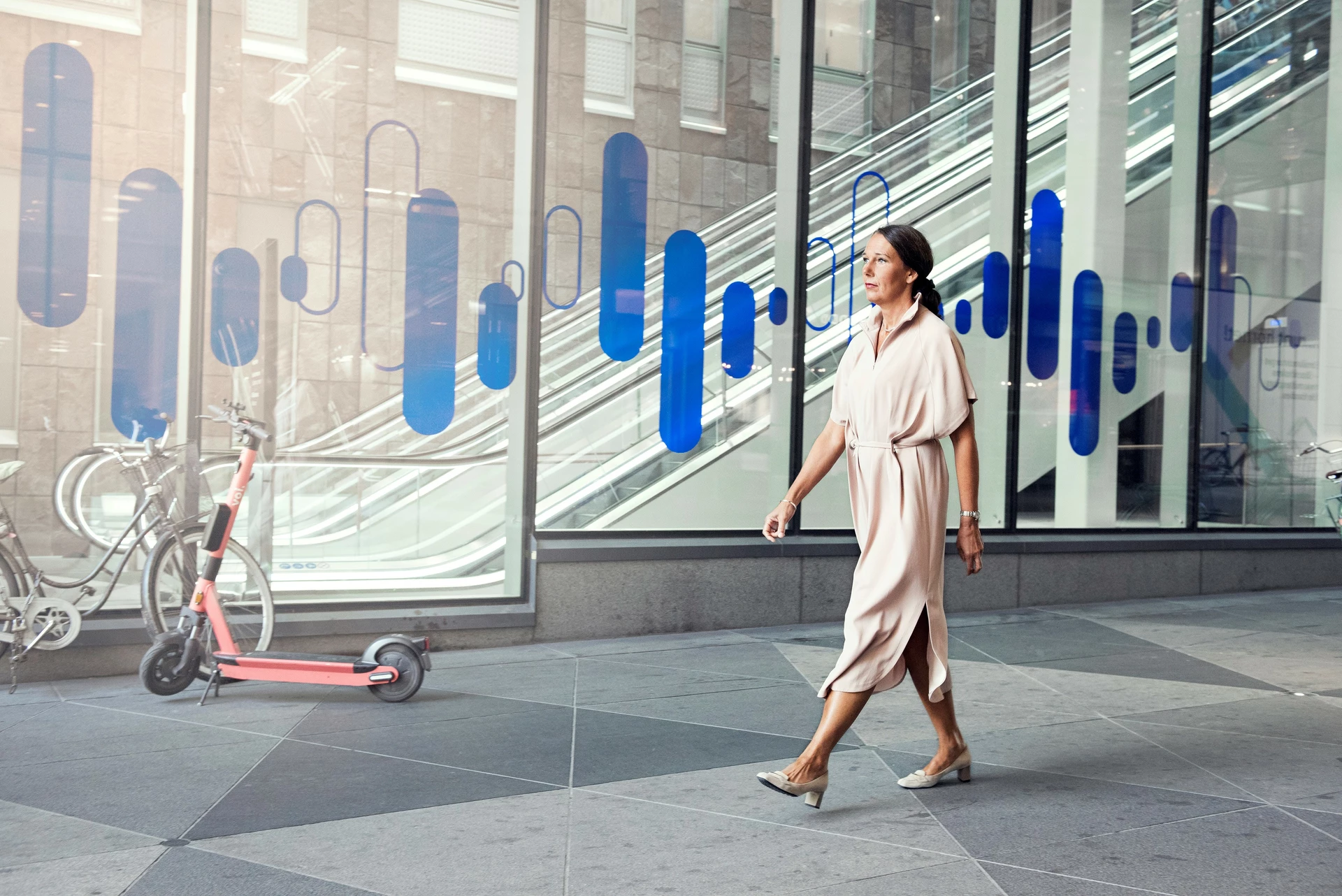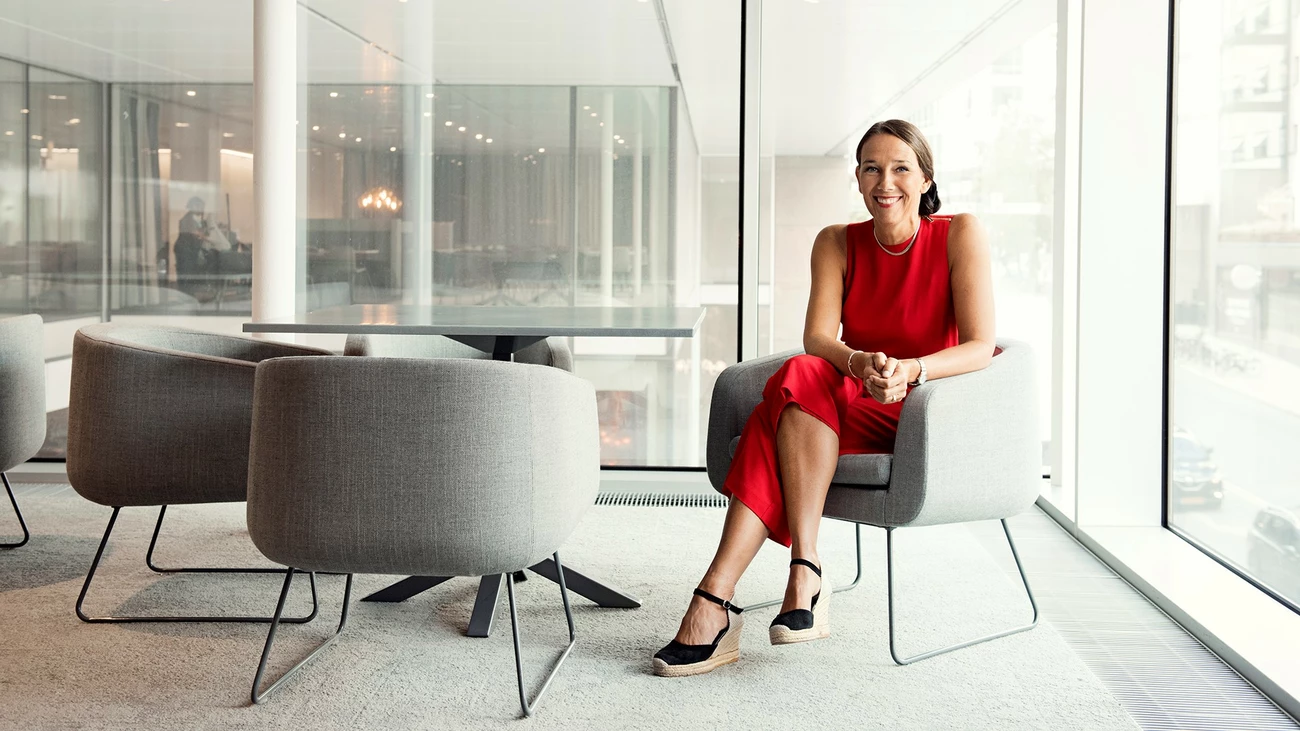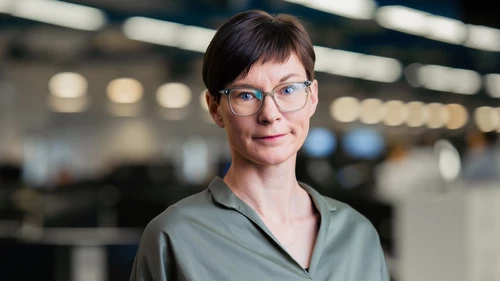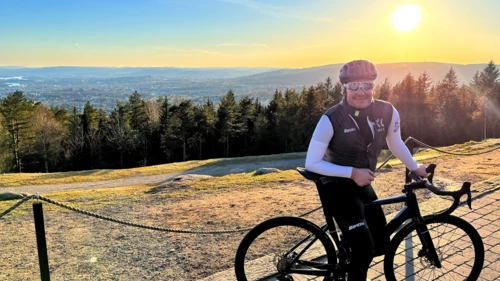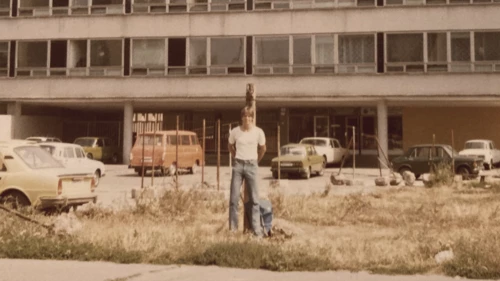What would you consider your most important tasks?
“I travel a lot, meeting with customers all over Sweden, from the biggest to medium-size companies, investors, politicians, academics and authorities. I typically have many meetings each day, which is very interesting. I learn a lot from them and then take that information back to our macro team in Sweden for discussion. Tobbe (Nordea Chief Analyst Torbjörn Isaksson) can then use that input in his forecasts. I’ve worked with Tobbe for over 15 years, and I think one of the reasons we’ve managed to avoid any major mistakes is thanks to our unique combination. He focuses most on the analysis and the numbers, and I can listen to what’s happening in society and bring that into our forecast.”
What has been your experience working in a traditionally male-dominated field?
“Growing up with two brothers, I learned a lot about this at home. I’m clear when I’m talking and find it easy to work with men. When I was young and starting out in my career, it was important to be well read and prepared, for example when appearing on stage. You can get a lot of tricky questions, and preparation is crucial. My ambition is to not talk about things I don’t know. And one perk is you don’t have to wear a suit on stage.”
What gives you energy in your daily work?
“Hands down, the people. I have the privilege to meet so many different interesting people. Customers, prospects, my colleagues, politicians, authorities, academics. I’m so grateful for all the knowledge I encounter every single day. The bank is big, and my title is also a door opener. I have the privilege of being in many interesting rooms and discussions.”
What is the most important thing happening in the global economy right now?
“In the short term, it’s very important that the central banks manage to achieve a soft landing for the economies. We’re in the middle of a turnaround from having free money for many years to hiking rates rather fast in many countries. The risk is they’ll do too much, and we’ll end up in a crisis. In the long run, there are many risks, for example, around the democratic process. We’ve seen the rise of populist sentiment and politicians focused on winning elections in the short term, telling people what they want to hear. There’s a risk we’ll end up with decisions that are not good for the economy in the long term.”
And what about in Sweden?
“We’re very sensitive to higher interest rates here in Sweden, given the high debt level and high exposure to floating rates, for example in the real estate sector and in the housing market. We can already see now how higher rates have started to have an impact on the labour market.”
